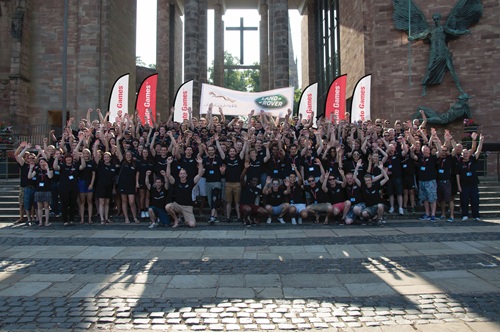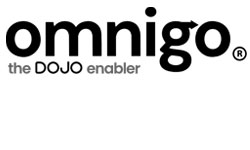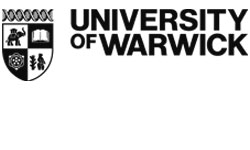Stefan said: “IoT technology is enabling us to respond to businesses’ needs with new datasets and more reliable data, ensuring end-to-end visibility across supply chains.
“IoT combined with AI will keep changing the game by offering real-time data monitoring and predictive analytics to improve efficiency.
“With IoT devices like GPS trackers, low power trackers and smart sensors, companies can better manage inventory and shipments, especially for product flows with high volume or sensitive items like pharmaceuticals.”
Stefan said that IPP was making use of AI to support and enable skilled members of its team to make smarter decisions, based on the data gathered.
While AI offers the potential for evolution, Stefan said there were also potential challenges ahead for the sector as the digital supply chain continues to evolve.
He said: “One key concern is the potential for changes in EU legislation, such as the Packaging and Packaging Waste Regulation (PPWR), which could significantly impact how companies manage recyclable materials and sustainable packaging.
“Additionally, the growing emphasis on Environmental, Social, and Governance (ESG) compliance will require businesses to demonstrate greater accountability and transparency across their operations, for instance, through the implementation of a digital product passport.”
Another potential challenge is the EU Deforestation Regulation (EUDR), which could impose stricter requirements on supply chain traceability to prevent deforestation-related activities, he added.
Stefan said: “Adapting to these regulations while maintaining efficiency, reusability, and sustainability in supply chain processes will be crucial for companies moving forward.”


























